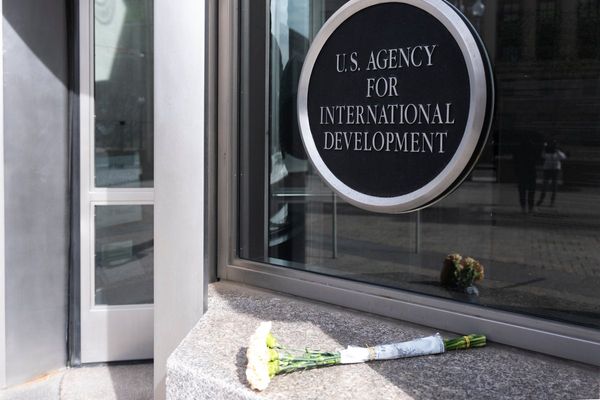
The political clumsiness of Queensland’s Palaszczuk government illustrates just how difficult tax reform will when its time inevitably comes in Australia. In truth, real tax reform can only ever be driven at a federal level, but the states do have some levers to pull.
And let’s face it: Queensland, as one of the larger states, needs to pull hardest. Its most recent and comparatively modest effort was to change the rules around liability for land tax — an annual charge that hits the bank accounts of large property owners and investors.
Land tax is a progressive tax. It applies only once a citizen’s land holdings hit a certain level, doesn’t affect private homes, and the rate of the tax rises as the value of the holdings rises. It targets the wealthy.
Queensland, without much fanfare at the time, included a change in its budget that has the trumpets of the property industry blasting at full volume.
Its change was to take into account all of an investor’s property assets to determine their tax liability in Queensland. At the moment, a property owner with $1 million in brick-mortar investment assets in Queensland alone pays an annual land tax of $4500. But if they own land in other states — say, an investment home in Melbourne and a Gold Coast property, each with a land value of $500,000 — they pay nothing.
The Queensland change to take effect next year would take account of the value of the Melbourne property and then levy the Gold Coast property — so the property owner would pay $2250 and then 1.65 cents for every dollar the Queensland properties appreciate.
Some people have deliberately spread their real estate assets to diversify their portfolio and avoid land tax. Queensland’s changes will stop that.
You might think that governments desperate to refill their coffers after COVID-19 splurges might sense this as an opportunity to mirror Queensland — all in the name of consistency, of course. And, in particular, you might think NSW Premier Dominic Perrottet’s government might be open-minded (given the premier’s previous interest in reforming land tax to replace stamp duties).
Not so. The NSW government’s response in recent days has been a robust refusal to cooperate: Perrottet will not share his state’s data. So if Queensland wants to tax NSW landowners on their holdings north of the border, it will have to rely on them to self-report the assets, which might increase their costs.
He goes further, casting it not just as a state of origin blues v maroons battle but as a Labor v Liberal approach. “We will reject any request from Queensland Labor to help facilitate this lazy policy,” Perrottet told The Courier-Mail. His Finance Minister Damien Tudehope backed him up: “This sort of tax grab is exactly what you would expect from a Labor government — they never miss an opportunity to raise taxes.”
The sensible approach for Queensland would have been to consult at the ministerial level with the states it needs to make this tax change work. Even better would have been to try to negotiate an agreement on a consistent approach — perhaps even to achieve what Perrottet wanted as treasurer: to use land tax to replace stamp duty, which adds to the cost and the size of a mortgage at the time of purchase.
But Queensland is retreating into a Joh Bjelke-Petersen-style bubble where it is increasingly determined to do things its own way, whatever folly that creates. The worrying issue is that this is a tax reform estimated to raise just $20 million in its first year. In other words, not enough to even feed the chooks. But it’s been derailed through the usual rivalries.
Australia has a real challenge to get its budgets back near balance. Our demand for government services isn’t diminishing, so the only way to get there is to increase taxation. And that means reforming the system in big ways and small.
The Queensland change was not even a reform; it was just a cash grab. But its certainty of failure tells us what future attempts at reform will look like. Taking on the property sector is politically perilous, as Bill Shorten learnt to Labor’s cost three years ago.
Remember the Henry review of a dozen years ago? Get ready for more of the same when a serious conversation starts about tax reform. The Queensland land tax outcry will barely be a warm-up act.







